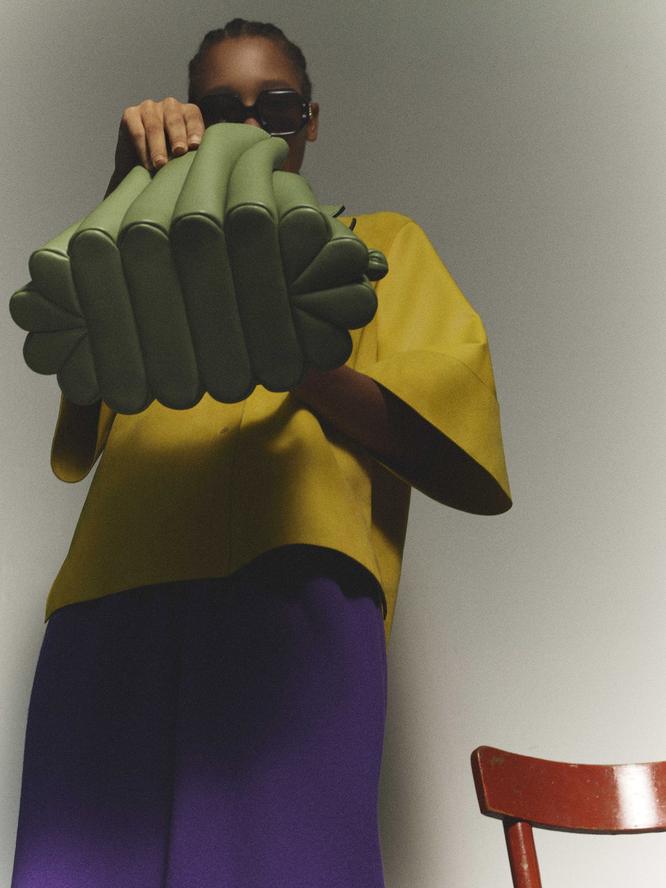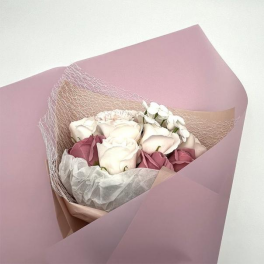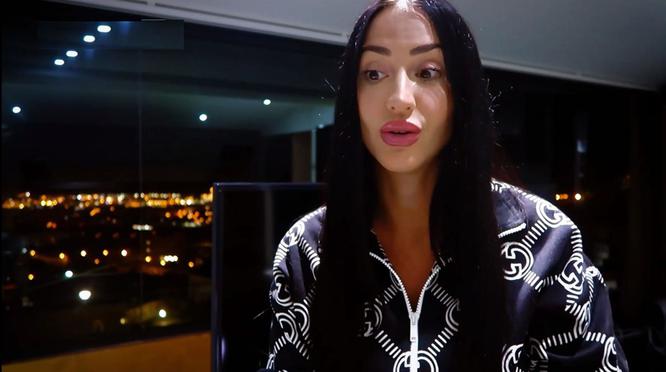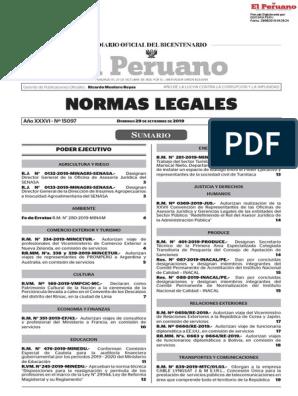A wake-up call for luxury
FASHION SPECIAL
The resale market has become the best asset for firms in a sector that has suffered its biggest economic collapse in 25 years. The strategy: embrace the past of its products to redefine its future. A new consumer, younger and socially responsible, guides them in their darkest hours. In our Fashion Special
Rafael RodriguezThe chronicles say that, on April 11, 2020, the Hermès flagship store in Guangzhou invoiced 2,257,186.50 euros. A good week's sales, penny up, penny down, in a single day. It was Saturday, commerce was reopening in China after confinement and the West, just recently closed by the first wave of covid-19, could not believe the consumer fury unleashed in the main world luxury market. The figure, unprecedented even there, was never actually confirmed by the French firm itself, but, as observed on the popular local social networks, it was not necessary either: Weibo and Xiaohongshu were filled with snapshots with the pieces collected. as if there were no tomorrow, especially the very exclusive and even rare examples of the house's stellar bag, the Birkin (crocodile workmanship aside, there was talk of a diamond-embroidered model sent to the boutique expressly for the occasion). The message was immediately captured by fashion: despite the productive strike, there was hope for economic recovery.
In adverse times, money finds refuge in luxury goods for personal consumption. Prêt-à-porter at almost haute couture prices; exorbitantly priced exotic jewelry, watches and handbags. Market analysts always sing the same song: it happened during the energy crisis of the mid-1970s; immediately after the politics of fear were established after the attacks on the Twin Towers, on September 11, 2001 (that cashmere fever among Americans), and even in the dark years of the penultimate recession of 2008. Encouraged by such couplet, the first swords in the sector did not hesitate to fill their precious Asian clientele with all kinds of commercial actions and brand new articles as soon as the eastern de-escalation was possible. That same April, Dior launched its Gem Clutch via WeChat (the Chinese WhatsApp), a hybrid between jewelery and a purse, while it put its influential social ambassadors to work by parading the new models of Lady Dior and Book Tote bags throughout Shanghai. Meanwhile, Louis Vuitton promoted its spring-summer collection in Xiaohongshu, and Burberry debuted on Tmall, the luxury division of the Alibaba group, before almost a million and a half users who sold out 6 out of 10 products presented in streaming in just hours. Investing in novelty and even increasing the marketing budget when the world seems to fall apart is, after all, another old adage that is recited in the presidential offices of the big firms, those that not only can, but also know how to resist. It is normal that in September, with a second wave of coronavirus in perspective, Amazon will bet on a future winner with the Luxury Stores application for its 150 million premium subscribers. Oscar de la Renta was the label to offer for the debut. “Perhaps nobody buys the first day, but these types of movements are the ones that remind consumers, that they appreciate that the brand takes them into account, that they think of them. Without memory there is no loyalty”, explains Daniel Langer, executive director of the Équité consultancy.
As for everything else, e-commerce has worked certain financial miracles in the luxury arena. And that it is a business segment that still does not put a good face on the digital transaction. The fact is that the fateful 2020 has seen how sales in the sector doubled on the internet, going from 12% of the previous year to 23%. The data suggests that by 2025 the network will become its main distribution channel, according to estimates by Bain & Company. However, the same international consultancy is the one that has spoiled such a premature party. Here is the jug of cold water that 2021 throws: in the last year, the global luxury industry has collapsed, with a 23% drop that has caused losses worth 64,000 million euros. It's the biggest crash on record in the quarter century Bain & Co. has been tracking the markets. Far ahead of that historical collapse of 10% that it suffered in the period 2008-2009. And there is more bad news: it is not expected to return to the turnover of 2019 (217,000 million euros) at least until the beginning of 2023. According to the recent results of accounts offered by the corporate superstructures, nobody is saved here, starting with Louis Vuitton Möet Hennessy, with a decrease of 16% in its benefits, and Kering, which accuses 18%. Hermès remains in a satisfactory drop of 6%. "The absence of tourists in our stores has been compensated by the loyalty of the most loyal customers, apart from the increase in electronic commerce," boasts Axel Dumas, executive president of the venerable Parisian brand.

In the complications to travel, between quarantines and border closures, is the crux of the matter. According to McKinsey analysts, 30% of luxury fashion sales come from the wallets of those tourists with an estimated income of 150,000 euros per year (the high net worth individuals, around 800,000 million euros of direct expenses before of the pandemic). In the European Union as a whole, that was 90,000 million euros per year, of which 9,200 million corresponded to Spain, in Bain & Co. figures for 2018. In our country, around 70% of those who step on Chanel, Dior, Louis Vuitton and other luxury brands intent on rattling their boxes are visiting foreigners. Today, it is impossible for these brands to pay off. The problem is aggravated by the twist in the script that some experts warn, beyond the fact that experience is now preferred (hospitality, gastronomy, wine; see the acquisition of 50% of Armand de Brignac, the champagne cellar of rapper Jay-Z, by LVMH last February) over the mere product (clothes and accessories, watches, jewellery, cars). It turns out that today's luxury consumer has become responsible—socially, culturally, environmentally—in their purchases. It is, of course, one of the consequences of living in times of covid-19. "You have to see it as a wake-up call, and it should serve as a great catalyst for firms in their transition to a new paradigm of luxury," says Martina Olbertova, founder of the "strategies and cultural intelligence" consulting firm Meaning Global.
The news of this type of buyer comes precisely from China. If luxury sales increased by 45% in the Asian giant during 2020 while falling to 36% in Europe and 27% in the United States (data, again, from Bain & Co.) it is due to a new customer profile aware: mostly women, under 35 years old, who look at the brand's socio-cultural values before its logo. A profile that, in reality, is also being observed more and more on this side of the world, a millennial and zeta force that is turning the second-hand and resale market into the unusual bastion of luxury. In the United States alone, the used clothing segment is valued at around 28 billion euros and by the end of the decade it will reach 80 billion. This is how the recent movement of Kering, the holding company commanded by François-Henri Pinault, owner of bestsellers such as Gucci, Saint Laurent and Bottega Veneta, is understood, which has disbursed 178 million euros to enter as a 5% shareholder of Vestiaire Collective, the portal resale of luxury fashion items based in Paris, ensuring a privileged place at the table of the new exclusivity. “Pre-owned luxury products [a euphemism for used, that is] are already deeply rooted in consumer habits, especially among the youngest. Instead of ignoring this trend, we want to take advantage of the opportunity to improve the value we offer our clients and influence the evolution of the industry towards more innovative and sustainable practices”, explained Pinault when communicating the strategy. Seen for judgment, then: the future of luxury fashion is its past.
Rules

